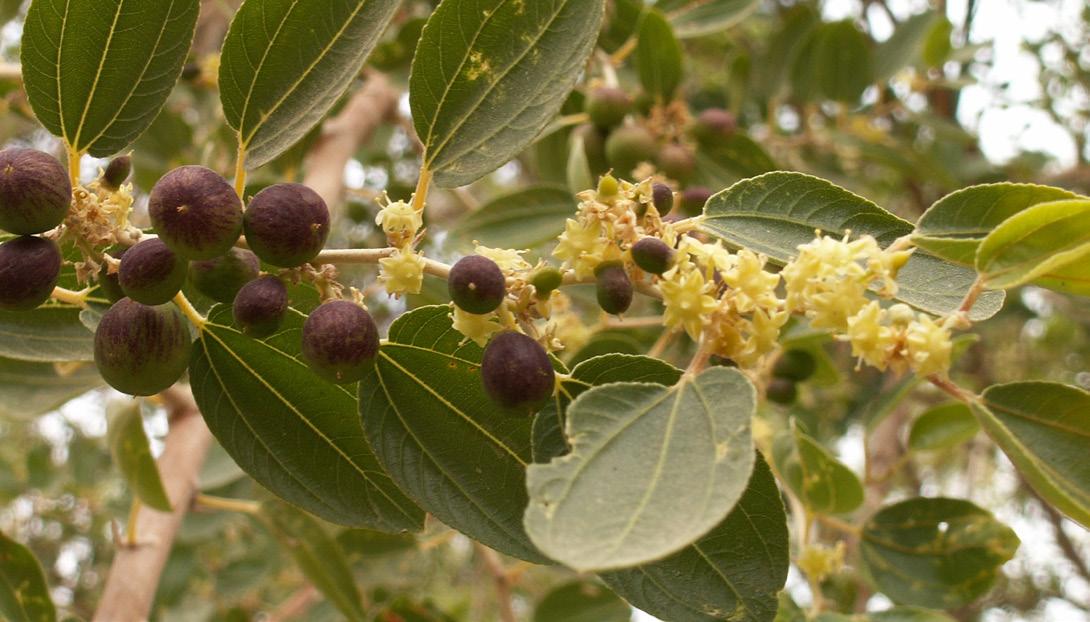Bees for Development Journal 138 April 2021
The Shepherds of the Bees David Wainwright, Tropical Forest Products Ltd, Aberystwyth, UK In these three articles I will show that it is possible to produce good honey crops without invasive colony management if a good strong generation of young stock is produced every year. I will use production data from my own hives to demonstrate the results achieved. Although I am using frame hives these methods can be applied as well to fixed comb, local style hives with the same large honey crops harvested.
David Wainwright is a commercial beekeeper with over 1,500 colonies across 100 apiaries in the UK. In addition to beekeeping, David runs a highly successful business, marketing his own honey and hundreds of tonnes of honey and beeswax imported every year from Africa. David supplies this honey to Marks & Spencers and other major retailers in UK. David knows much about beekeeping in Africa, having lived and worked in Zambia since the 1980s, and has collaborated with Bees for Development on several projects over the years. David agrees with Bees for Development’s view that frame hives never function well in tropical Africa.
Well-made hives
I first started my bee farm in the UK in 1977 with a few old bee hives from under a thorn hedge that I managed to buy cheaply. It has grown to 1,500 honey bee colonies, still expanding every year, with all those old hives even now in use today - they were very wellmade!
This is the first of three articles in which David discusses his approach to making good business from beekeeping.
Over the years my methods have grown simpler as I have found that bees thrive best when left to manage themselves without beekeepers thinking they know best and interfering too much. With our simple methods we produce large crops of honey, compared to many other bee farmers using more intensive management techniques. We produce an average of 42kg honey from our colonies compared with the 20kg average1 for UK professional beekeepers. The average crop of the bee farmers participating in our Knowledge Exchange Group2 is 35kg. We think of our so-called ‘modern’ frame hive beekeeping as a rational and more productive improvement from the old fashioned, simple and apparently inefficient methods of previous generations. We assume that our ‘modern’ hives produce far larger crops than these previous generations with their simple fixed comb hives. But over the years I have come to doubt this assumption which seems to be based on little recorded evidence of the productivity of the earlier methods. Unfortunately, in Europe very little was recorded before the ancient straw skep hives were swept away to be replaced by frame hives.
Good yields
Photos © David Wainwright
The skep beekeepers were practical farmers, they were too busy to write books, with one exception: A. Pettigrew who recorded honey production from skeps in his Scottish village of Carluke around 1875, where colonies were producing on average about 43kg of liquid honey per year, with exceptional hives reaching 75kg. These crops would have been amongst the best achieved in those days I suspect, and there are few UK frame hive beekeepers today who exceed these figures. African beekeepers using large log hives in favoured locations, for example south-west Ethiopia, also produce around 40kg. It seems to me that the crop of honey is not related to the type of hive: similar good crops can be achieved from all types of hives, what is important is to nurture strong healthy colonies of bees. Production per frame hive managed by professional beekeepers currently in the UK is about 20kg per year: 8
An expert Ethiopian beekeeper. This large hive will support a colony with high bee numbers capable of building a large crop. The beekeeper can carefully crop part of the honeycombs several times a year: they work gently to minimise stress to the colony. They expect around 40kg per hive, similar to my frame hives in the UK








